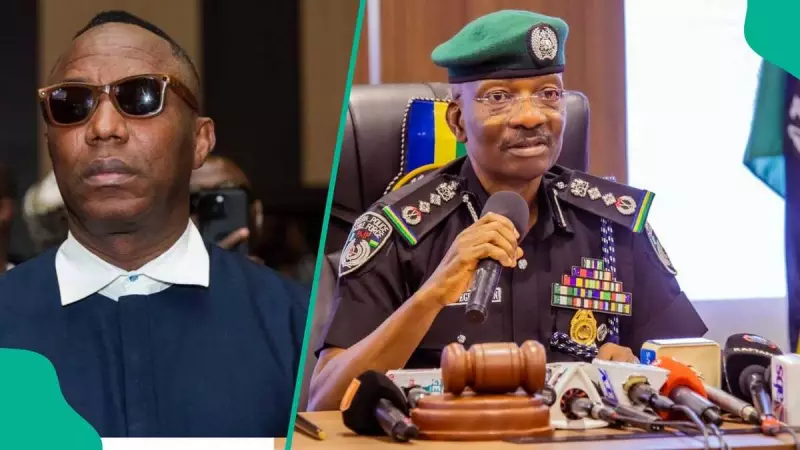
In a dramatic turn of events that has sent shockwaves through Nigeria's political landscape, the Nigeria Police Force has officially declared prominent activist and journalist Omoyele Sowore as a wanted person. The announcement came through an official police gazette that has since gone viral across social media platforms.
The Incident That Sparked the Manhunt
According to police authorities, the declaration stems from an alleged physical assault on a police officer during the recent Edo State gubernatorial election. The incident reportedly occurred while Sowore was monitoring the electoral process in Edo State, though specific details about the location and circumstances remain under investigation.
Who is Omoyele Sowore?
Omoyele Sowore is no stranger to controversy or confrontation with Nigerian authorities. The former presidential candidate and founder of Sahara Reporters has built a reputation as a fierce government critic and anti-corruption activist. His previous arrest in 2019 for organizing the #RevolutionNow protests drew international attention and condemnation from human rights organizations.
Police Statement and Public Reaction
The police gazette, shared widely across official channels, contains Sowore's photograph and personal details, formally notifying the public of his wanted status. The development has triggered mixed reactions from Nigerians, with supporters of the activist decrying the move as political persecution, while others argue that no one should be above the law, regardless of their status or political affiliations.
What This Means for Nigerian Democracy
This latest development raises serious questions about the state of political freedom and civil liberties in Nigeria. As the country continues to navigate complex democratic processes, the targeting of prominent activists and journalists creates concerns about the space for dissent and political opposition.
The timing of this declaration, coming shortly after state elections, has led many political analysts to question whether this represents legitimate law enforcement or political intimidation. As the situation develops, all eyes remain on how this high-profile case will unfold and what it might signify for Nigeria's democratic future.





